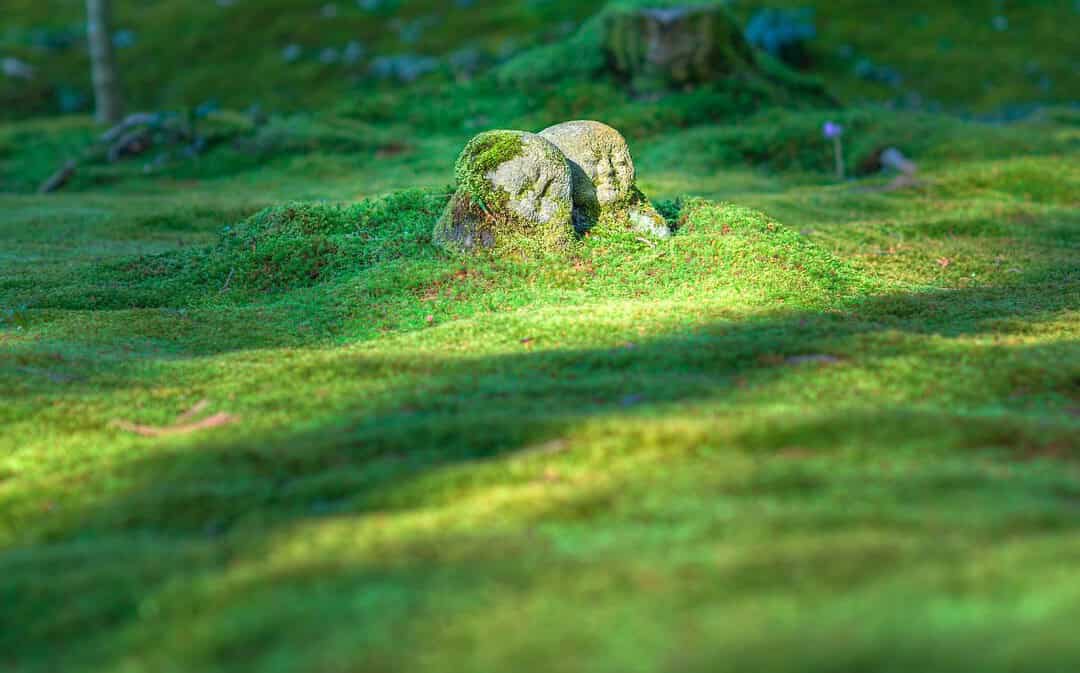The Cultural Significance of Japanese Knotweed in Literature, Art, and Folklore
Learn about the cultural significance of Japanese Knotweed in literature, art, and folklore. Furthermore, it explores how this invasive plant species has inspired creative works and understand its place in various cultures.
Japanese Knotweed is not just an invasive plant species. It’s also a source of inspiration for literature, art, and folklore. From its appearance in literature to its use as a subject in art, this plant has played a role in various cultures and creative works. In this short article, we’ll explore the cultural significance of Japanese Knotweed and understand its place in literature, art, and folklore.
Japanese Knotweed in Literature:
One example is Richard Powers’s novel The Overstory, which won the Pulitzer Prize in 2019. In the book, Japanese Knotweed is mentioned as an invasive species threatening the native ecology of North America. The plant is used as a metaphor for the destructive influence of human activity on the natural world.
An additional example is Alan Bradley’s novel The Weed That Strings the Hangman’s Bag, which is part of the Flavia de Luce mystery series. In the book, the protagonist, Flavia de Luce, comes across a patch of Japanese Knotweed while investigating a murder. The plant is used as a clue in the investigation, as its presence indicates that a particular property had been abandoned for many years.
Furthermore, Japanese Knotweed has been the subject of poetry, including the poem “Japanese Knotweed” by Philip Gross, which explores the plant’s invasive nature and environmental impact.
Japanese knotweed in Art Paintings
In addition, one of the most famous depictions of Japanese knotweed is by British artist Andy Goldsworthy, British artist British artist, Andy Goldsworthy. In 2000, he created a site-specific installation at the Yorkshire Sculpture Park in England titled “Sheepfolds,” which featured a giant wall built of stones, with Japanese knotweed growing through the cracks.
Another artist who has depicted Japanese knotweed is Ellie Davies, a British photographer. In her series “Between the Trees,” she created photographs of landscapes where the invasive species grew, highlighting its impact on the natural environment.
While these artworks may not be as well-known as some of the most famous paintings in history, they serve as a reminder of the impact of invasive species on the natural world.
With regards to Japanese knotweed and folklore
It has gained a reputation as a “monster plant” due to its fast growth, destructive nature, and difficulty eradicating it. In Japan, where the plant is native, it is known as “itadori” and has been used for medicinal purposes for centuries. According to Japanese folklore, a demon called the “itazura-kosagi” would play tricks on people, and the plant was said to be a favourite hiding place for the mischievous creature.
In some Western countries, including the United Kingdom, Japanese knotweed is sometimes called “Godzilla weed” or “Triffid weed” due to its perceived ability to destroy buildings and infrastructure. These names reference the famous movie monster Godzilla and the fictional plant species Triffids from the novel The Day of the Triffids by John Wyndham.
Similarly, some people believe that Japanese knotweed has mystical or spiritual properties. They think it has the ability to ward off negative energy or attract good luck. However, there is no scientific evidence to support these claims.
Japanese Knotweed has played a significant role in literature, art, and folklore, serving as a source of inspiration and representation. From its use as a symbol of growth and resilience to its incorporation into folklore and mythologies. This invasive plant species has left a lasting impression on various cultures and creative works. So next time you come across Japanese Knotweed. Think about its cultural significance and how it has inspired creative works for centuries.
If you require any specialist advice regarding Japanese Knotweed call Stephen our PCA-accredited surveyor on 07753682333
